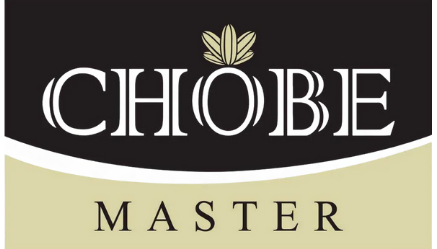
Reaching the six-month mark with your baby is an exciting milestone!
Every day, your child is developing and changing, and this stage is full of important changes that set the stage for their future education and development.
Here's a look at what you can expect as your baby turns six months old.
Physical Milestones
Your baby should be more coordinated and physically active by the time they are six months old. They may be able to:
- Sit Up with Support: Many babies can sit up with minimal support, using their hands to steady themselves. Some may even sit independently for short periods of time.
- Roll Over: Rolling from front to back and vice versa is a common achievement at this age, showcasing increased muscle strength and control.
- Reach and Grasp: Your baby’s hand-eye coordination is improving, enabling them to reach for and grasp objects, transferring them from one hand to the other with greater ease.
Cognitive Development
The cognitive leaps your baby makes around this time are truly fascinating. Expect to see:
- Curiosity and Exploration: Your baby will become more curious about their surroundings, reaching for objects that catch their eye and exploring them with their hands and mouth.
- Recognition of Familiar Faces: Babies at this age can recognize familiar faces and may show a preference for certain people, often smiling and giggling when they see them.
- Babbling and Sounds: You’ll notice an increase in babbling and cooing. Your baby is experimenting with sounds and may start to mimic the tones and rhythms of speech.
Social and Emotional Growth
At six months, your baby’s social and emotional skills are blossoming:
- Expressing Emotions: Your baby is becoming more expressive, showing a wider range of emotions such as joy, frustration, and excitement.
- Bonding and Attachment: The bond between you and your baby is strengthening. They may seek comfort from you and show signs of attachment, like reaching out to be picked up.
- Interactive Play: Simple games like peek-a-boo and pat-a-cake are not only entertaining but also crucial for social development. Your baby is learning about turn-taking and the joy of interacting with others.
Tips for Parents
Supporting your baby’s development at this stage involves a mix of play, interaction, and nurturing care. Here are some tips:
- Encourage Tummy Time: Continue with tummy time to help strengthen your baby’s neck and shoulder muscles, which are essential for future milestones like crawling.
- Introduce Solid Foods: Around six months, your baby may be ready to start trying solid foods. Begin with simple, single-ingredient purees and gradually introduce more variety.
- Read Together: Reading to your baby helps develop their listening skills and fosters a love for books. Choose brightly colored, simple books with large pictures.
- Stay Engaged: Talk to your baby, respond to their babbling, and engage in interactive play. Your involvement is crucial for their social and emotional development.
Conclusion
The six-month milestone is an excellent opportunity to see your baby's growth and development. Each new ability they learn moves them closer to independence and a better grasp of the world. Enjoy this precious time and treasure the memories as your baby continues to learn and grow. Remember that each baby is unique and may achieve these milestones at their own time, so celebrate their accomplishments and enjoy the trip together.

